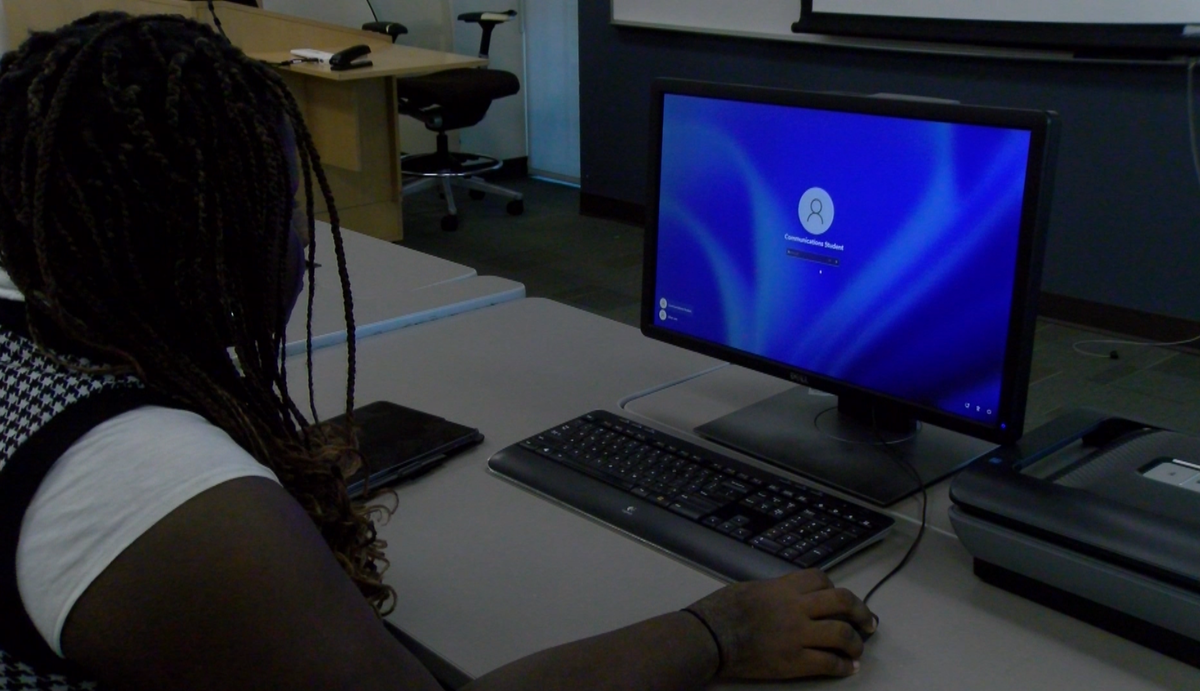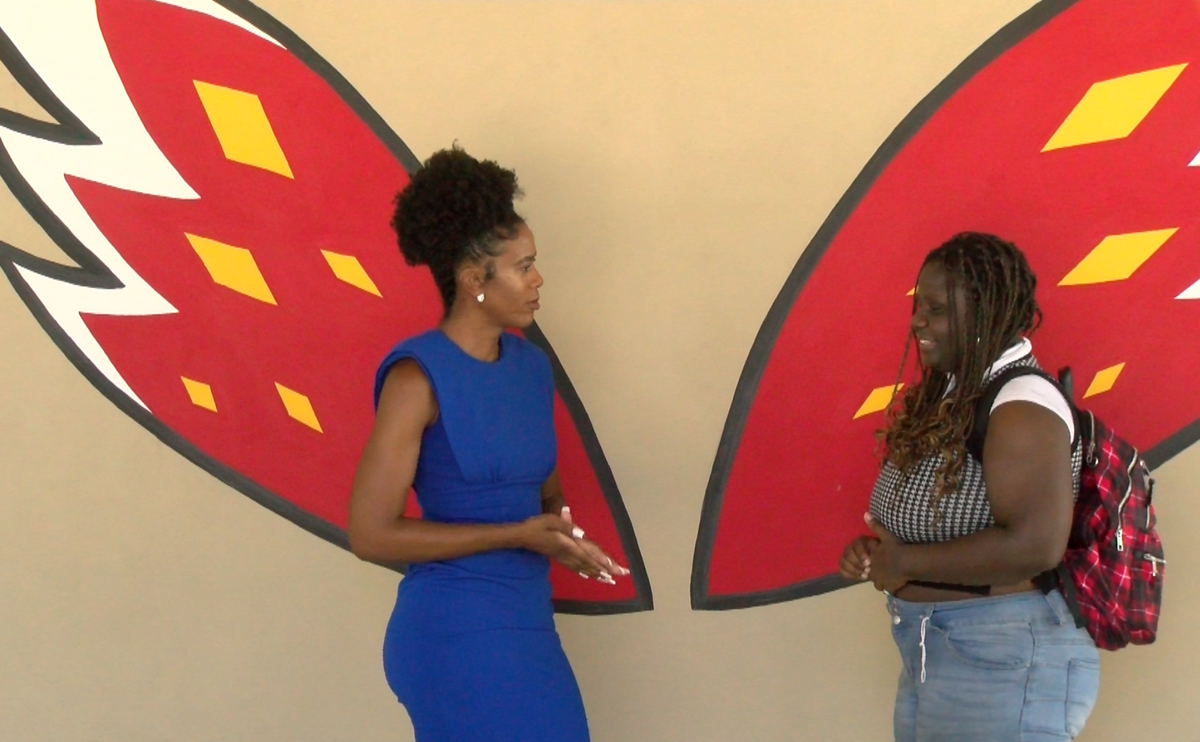Locals respond to the Supreme Courts decision to no longer use race conscious admissions in higher education
The Supreme Court on Thursday decided that universities and colleges could no longer use a form of race conscious admissions; this decision goes against the push for affirmative action.
The 6-3 decision forces higher education institutions to seek new ways to achieve diverse student bodies.
I'm kind of scared, not gonna lie, because I feel like a lot of a lot of schools already don't like black students," says first year community college student Amber Jennings. "So with that being banned, I'm scared some schools I want to get in won't accept me."


On Thursday, the supreme court ruled to ban race conscious university and college admissions.
As a first year community college student, Amber Jennings says this decision goes against the push for affirmative action.
"I thought it was crazy because I feel like black students deserve resources to help them through college and to get into college," says Jennings.
Affirmative action has been banned for California public schools since 1996.
As a professor of political science at the College of the Desert, Dr. Elizabeth Craigg-Walker says people should not be concerned or shocked.
"Affirmative action over the years have just been watered down already, to where we really aren't leaning on affirmative action as much as people assume," says Dr. Craigg-Walker.
Educational institutions must get creative when trying to keep their campuses diverse.
"We're going to see a heavy collective influence back on interviews, like admissions used to be more focused on personal statements," says Dr. Craigg-Walker. More focus on individual backgrounds, such as where your, you know, your family background, where you were located, where you went to high school, some personal struggles you had, and that is going to be one of these kinds of admission indicators."
Students like Jennings are still worried, but she is driven by her passion for working in the digital media industry after graduation. "I feel like I'm gonna have to like work extra hard, work extra hard on my resume, add more experiences, and add more things to make my resume look interesting so that they can choose me."
Nine states have banned using race in admissions policies at public colleges and universities before the Supreme Court decision: California, Oklahoma, Florida, Michigan, Nebraska, Arizona, New Hampshire, Idaho, and Washington.
Affirmative Action:
In the context of higher education, affirmative action typically refers to admissions policies aimed at increasing the number of Black, Hispanic and other minority students on campus.
